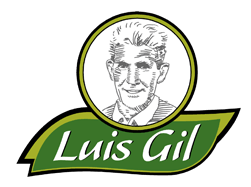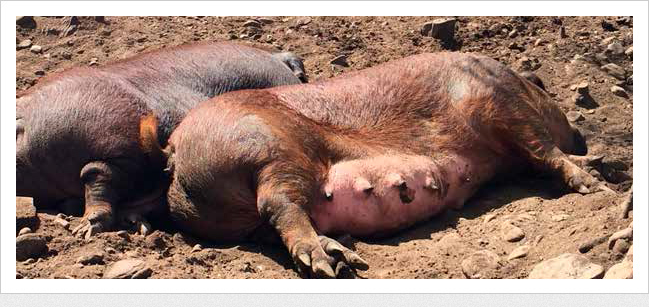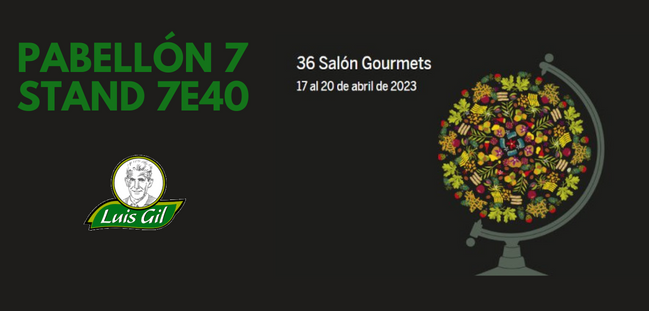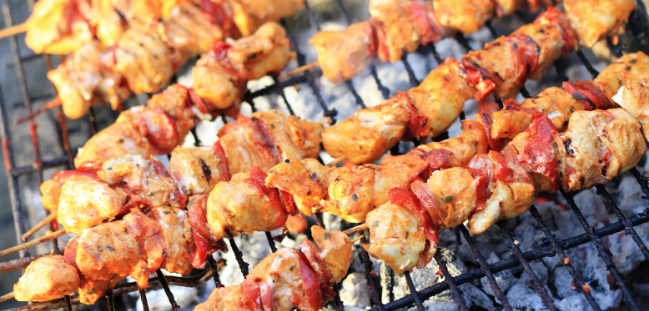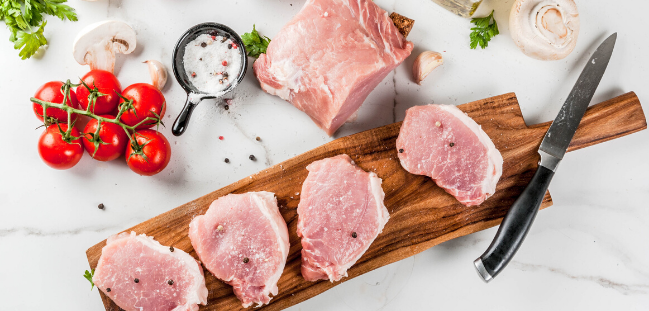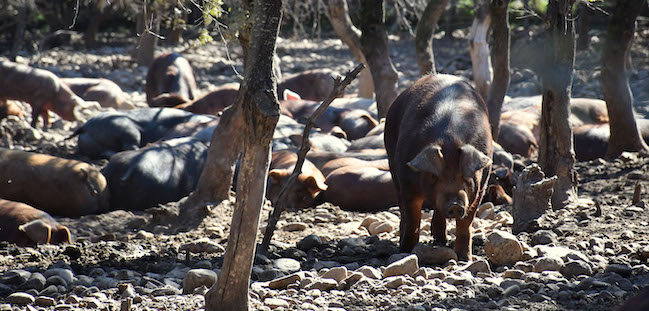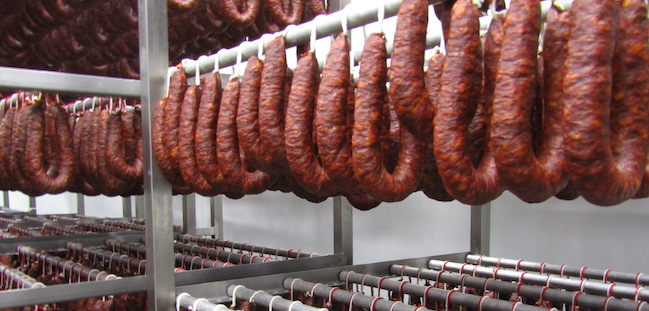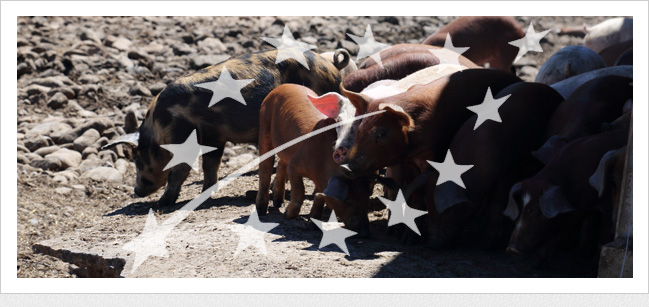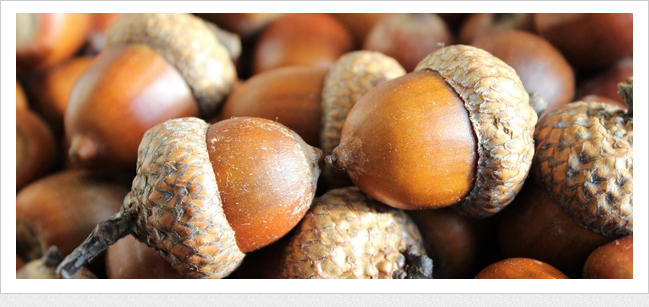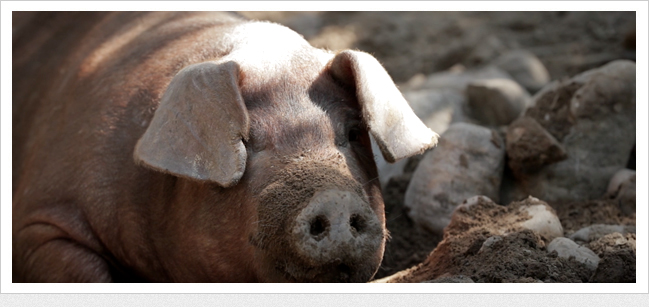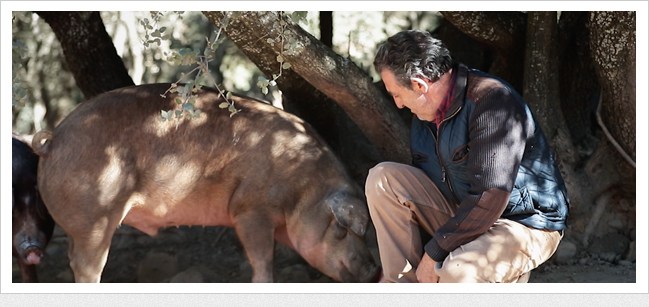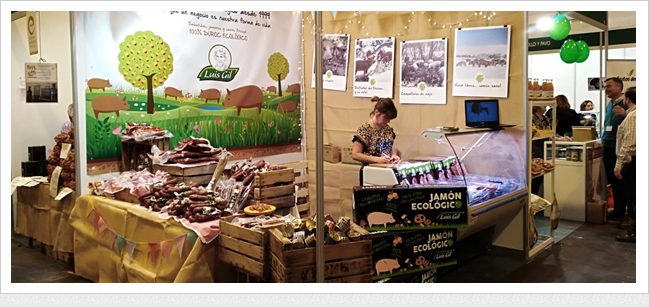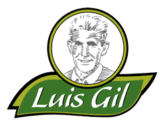Without giving up traditional values as a fundamental brand and following the path marked by grandfather Luis, Luis Gil's successors decided to adapt to modernity by transforming a butcher shop into a sausage and organic fresh meat factory in the Ocón Valley.
This is how Delia, Luis's granddaughter, tells it: “Our family has been dedicated to raising livestock, selling meat and making sausages for four generations. Currently, with the fourth generation of the family fully involved in the family business, we have launched an ambitious project that allows us to produce organic fresh sausages and meats from our own farm of animals raised in total freedom and in a completely ecological, in harmony with nature and man”.
Los Gil tenían claro que había que adaptarse a las nuevas exigencias del mercado, no sólo riojano, si no mundial, y dar forma a una nueva empresa que incorporará todos los elementos tecnológicos que el sector requería, pero sin renunciar al concepto de tradición y calidad que había dado fama a los embutidos del abuelo.
Por ello, decidieron que debían seguir criando sus propios cerdos, pero para mantener la calidad tuvieron muy claro que esa cría no podía hacerse de cualquier manera o en cualquier lugar. De esa reflexión nació la decisión de optar por los cerdos ecológicos: “no basta con que los cerdos coman pienso ecológico, queremos que vivan en un entorno natural, al aire libre, como vivían en la antigüedad, y que coman lo más natural posible. ¿No le gustan al cerdo las bellotas? Pues entonces han de vivir rodeados de encinas”, cuenta Luis Gil, hijo del pionero.
En La Rioja no era un proyecto fácil, pero dado que se trataba de una empresa familiar que no requería grandes extensiones, el valle de Ocón ofrecía el entorno perfecto para nuestros cerdos ecológicos: encinares a 700 metros de altitud, densos y sombríos y donde el aire fresco circula a sus anchas. A esto se une el hecho de que son terrenos donde jabalíes y corzos ya hace tiempo que aprendieron a convivir con pastores y ganaderos de otras épocas.
Así, Ocón se convirtió en el entorno más que apto para que los cerdos se criaran “felices” iniciándose entonces la andadura de un singular proyecto.
Adaptación de una empresa tradicional al mercado actual
Pero un proyecto ecológico como el de la familia Gil, exigía transformar la vieja carnicería del abuelo para adaptarse a los nuevos requisitos legales y ambientales pero, sobre todo, a los de los consumidores, sujetos de un mercado global cada vez más exigente. Esta realidad les animó a construir una nueva fábrica junto al encinar donde se criaban sus cerdos ecológicos.
Pero, ¿cómo una pequeña familia de carniceros podía hacerse un hueco en el exigente mercado internacional? La respuesta no tiene misterio: trabajando. Working day after day, putting all the energy into moving production forward, maintaining and improving the quality of its products, meticulously organizing each task, studying and measuring each action, each change, each decision... but, above all, believing in a family project that is born from tradition and links to the rural world.
This consolidates a company that in 2016 already exports 80% of its production. It currently has an area of 100 hectares of scrubland covered by a leafy forest of holm oaks and oaks for raising its pigs, in different farms scattered throughout the valley, known as “The Encinar of Ocón”, dentro de la Reserva de la Biosfera de La Rioja.
Objetivos de una nueva empresa
Sus principales objetivos son el cuidado y la rigurosa selección de la materia prima, a lo que añaden una dieta basada en productos procedentes de la agricultura ecológica, cereal libre de productos fitosanitarios y semillas o brotes frescos del encinar.
Durante casi 1 año los cerdos ecológicos se crían solos en la finca, a su antojo, de forma natural. Disponen de alimento y agua a su alcance que favorecen el engorde lento del animal. La labor de los trabajadores consiste principalmente en vigilar su evolución y en el empleo de métodos de prevención que evitan el desarrollo de enfermedades o trastornos alimenticios.
Y así sigue la familia Gil, criando cerdos, haciendo embutidos y vendiendo por todo el mundo un concepto de alimentación que encaja con los nuevos ideales de salud, y que contribuye a mantener la actividad económica en territorios donde otros ni siquiera se arrimarían.
De hecho, la industria ecológica en Ocón, ha dado forma a un modelo de desarrollo rural que el propio Ayuntamiento de Ocón defiende como ejemplo de cómo podemos unir modernidad y tradición, y contribuir al desarrollo rural, frente al abandono y la despoblación que cada vez golpean con más fuerza en este valle.
